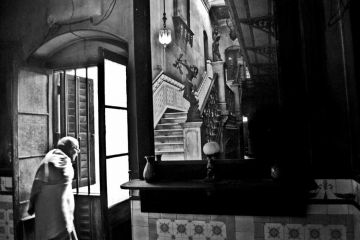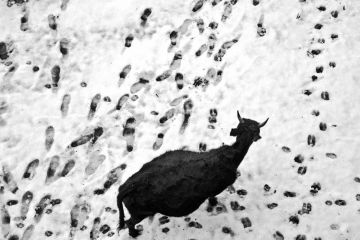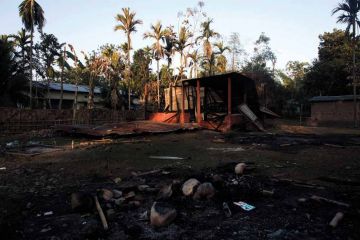India is a unique example of diversity, in
creed, race, and languages. At the same time there is no shortage of racism
even today. Where people from the Northeast are concerned, this process of
“othering” is as old as their migration to the major cities looking for work
and an opportunity to improve their lives. The discrimination comprises sexual
harassment, violence and even deadly attacks. Delhi should be home to every
Indian but sometime these people feel like illegal aliens in thei





